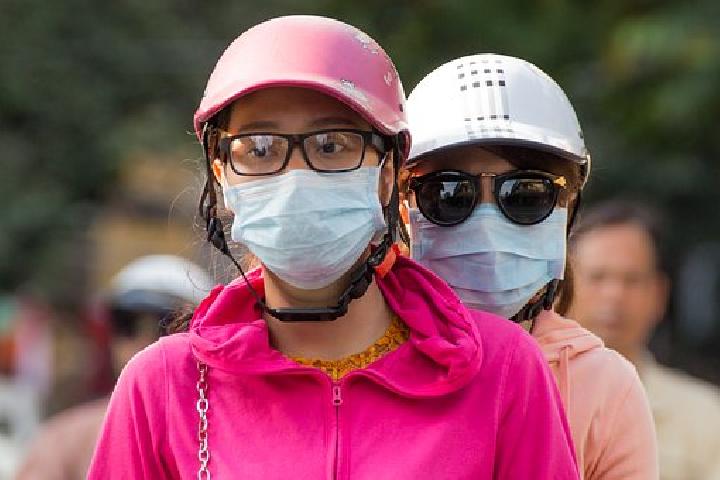The Poor Reputation of Our Scientists
Translator
Editor
15 February 2024 16:07 WIB

TEMPO.CO, Jakarta - Many Indonesian researchers seem to be addicted to putting their names as writers in scientific journals. This embarrassing practice should not be continued to go on.
Some researchers’ hobby of putting their names in as writers in international journals shows how terrible the enforcement of our research ethics is. For the sake of winning points from being credited in scientific journals, people who have not contributed can also put their names as part of the research team. This embarrassing practice should not be allowed to continue.
The most recent case of ‘dropping names’ involved 124 researchers with the National Research and Innovation Agency (BRIN). Their names were cited as writers of an article titled A Chronicle of Indonesia’s Forest Management: A Long Step towards Environmental Sustainability and Community Welfare. The 62-page article—including 15 pages of references—was published in the June 16, 2023 issue of Land, a journal managed by the Swiss-based Multidisciplinary Digital Publishing Institute.
BRIN has investigated this case and found an ethical violation. As many as 121 researchers were sanctioned by having their behavioral score lowered as well as their performance allowances cut by 10 to 30 percent for one year. The article’s lead writer was also required to apologize and withdraw their article from the journal. But this is not enough. This ‘dropping names’ practice is only one side of the ‘scientific fraud’ phenomenon.
The British newspaper, The Guardian, in its February 3, 2024 issue noted the trend of ‘fraudulent articles’ across the globe, using fabricated data. As a result, many journals have been forced to withdraw published articles. According to Retraction Watch’s 2023 data, there were 10,000 journal articles withdrawn that year, an increase of 4,000 compared to the previous year. In the eyes of the Western media, China is among the countries prone to fraudulent scientific articles. The issue is that young doctors and scientists there are often forced to publish scientific articles to be promoted. This has triggered a ‘paper factory’, a shadow organization that supplies fraudulent articles for publication in journals.
Besides bribing editors, this ‘paper factory’ frequently inserts its agents as guest editors, skewing the peer review process. Unfortunately, Indonesian researchers have also earned a bad reputation in this practice of scientific fraud. In its January 5, 2024 issue, the Science journal quoted an expert’s opinion calling Indonesian researchers as suspect, like researchers from Nepal, Afghanistan, and Kuwait.
Previously, the journal, Nature, had already exposed this suspicious trend. Publications by Indonesian researchers had drastically increased from 6,080 in 2013 to 37,513 in 2019. What has prompted this increase was the 2017 change in the system for evaluating researchers, which made publishing an article in an international journal a major plus point.
In order to end this wrongdoing, BRIN has to evaluate its system for awarding allowances as well as evaluating and promoting researchers. In the long term, along with the Indonesian Researchers Association, BRIN must uphold the scientific culture and ethics among researchers more seriously. Without this, the reputation of our scientists will only suffer even more.























